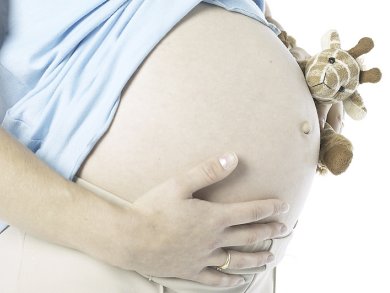Antioxidants work by eliminating reactive oxygen species (ROS) produced in the body. Stress can cause ROS to be overproduced; in large amounts they damage cells indiscriminately. So antioxidants are generally considered to be beneficial to health. One possible side effect of antioxidants is their effect on ovulation, report Nava Dekel and colleagues, Weizmann Institute, Israel. The researchers applied antioxidants to the ovaries of female mice and found antioxidants significantly reduced the rate of ovulation.
Further testing showed that ROS are a necessary requirement for ovulation. By treating some ovarian follicles with luteinizing hormones, the physiological trigger for ovulation, and others with hydrogen peroxide, the team showed that hydrogen peroxide fully mimicked the effect of the ovulation-inducing hormone. This implies that ROS that are produced in response to luteinizing hormone serve as mediators for the physiological stimulus leading to ovulation.
Understanding which species trigger ovulation could ultimately help women trying to become pregnant, through avoidance of antioxidant-rich foods or products, or ROS could present a basis for an alternative to hormone-based methods of birth control.
- Reactive oxygen species are indispensable in ovulation
K. Shkolnik, A. Tadmor, S. Ben-Dor, N. Nevo, D. Galiani, N. Dekel,
Proc. Nat. Acad. Sci. 2011.
DOI: 10.1073/pnas.1017213108




